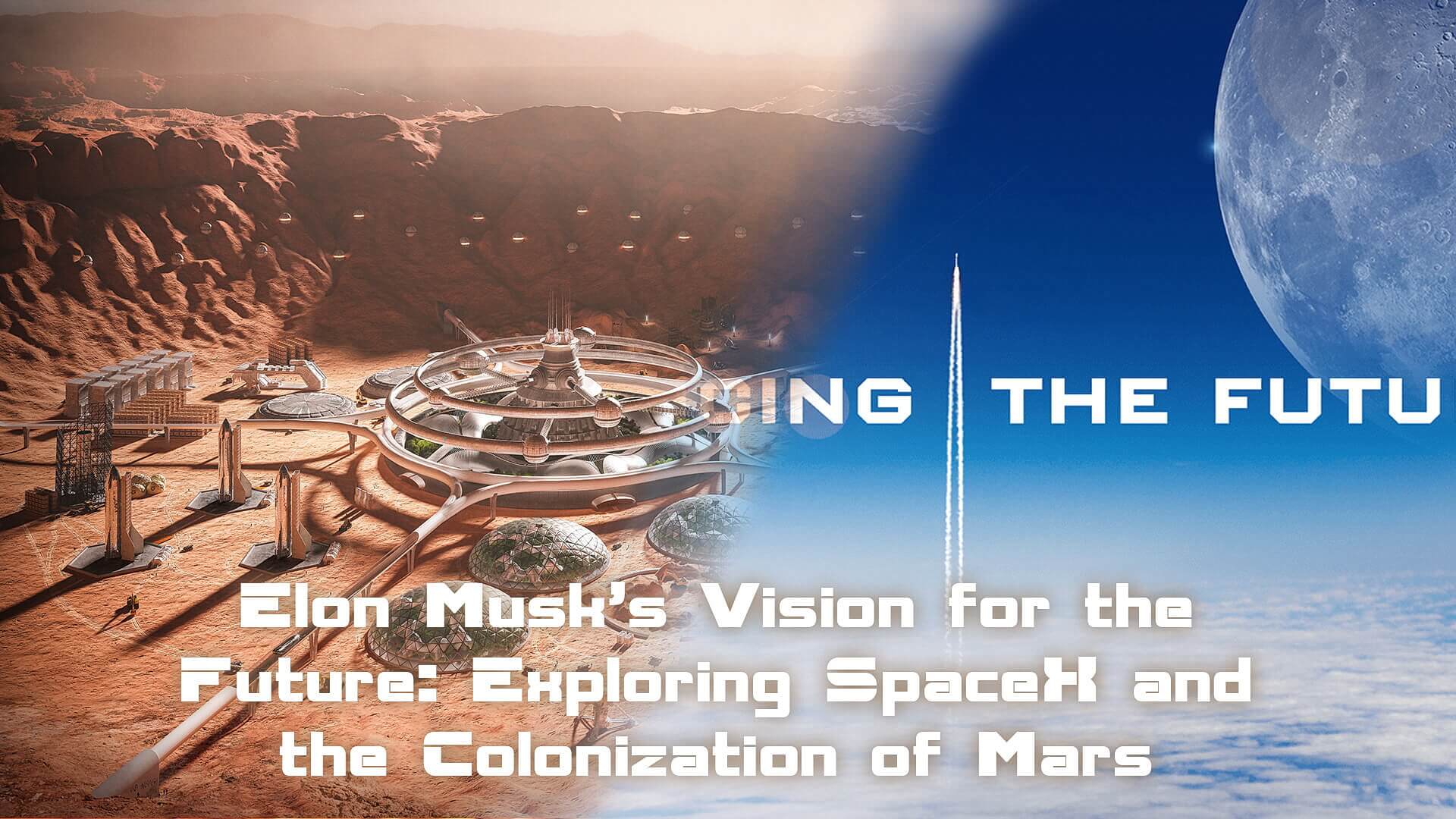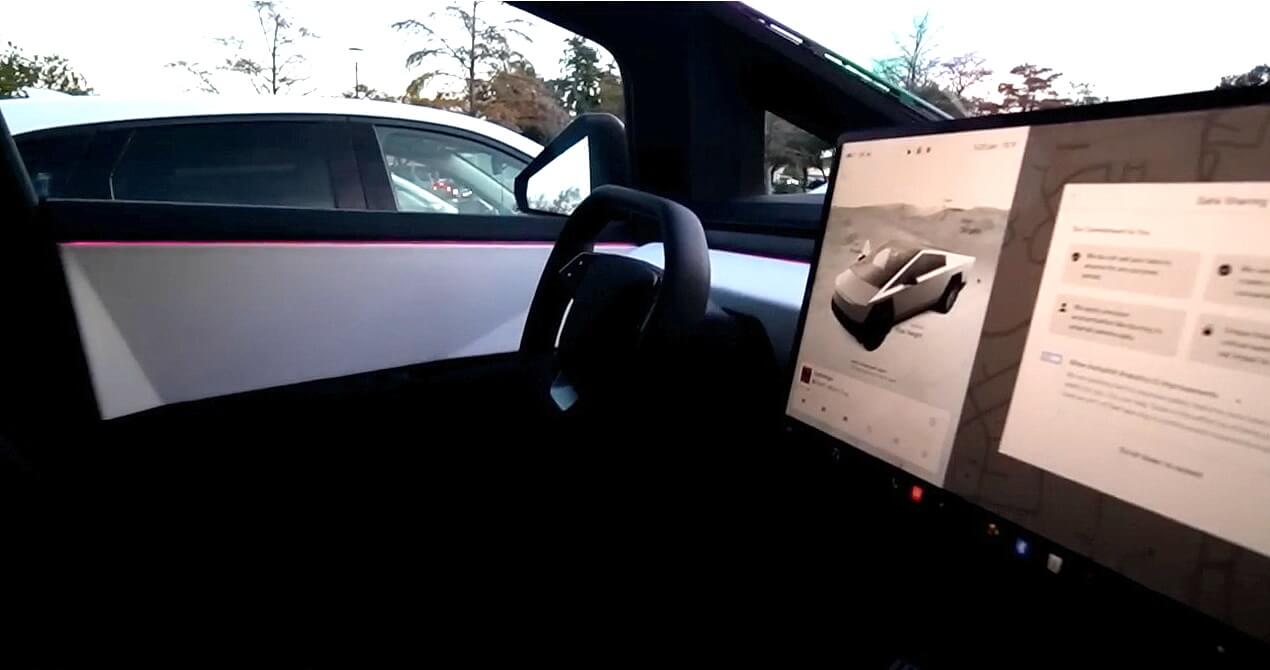Elon Musk’s Vision for the Future: Exploring SpaceX and the Colonization of Mars
In the realm of futuristic aspirations and visionary goals, Elon Musk stands out as a pioneer with his audacious vision for humanity’s future. One of his most ambitious projects is the colonization of Mars, a venture led by SpaceX, Musk’s aerospace manufacturer and space transportation company. In this exploration, we delve into the intricacies of SpaceX’s mission, the technological marvels propelling it forward, and the profound implications it carries for the destiny of our species.
SpaceX: Redefining Space Exploration
Founded in 2002 with the goal of reducing space transportation costs and making space exploration a reality for humans, SpaceX has achieved unprecedented milestones. From launching the first privately funded liquid-fueled rocket, Falcon 1, to developing the Falcon 9 and Falcon Heavy, SpaceX has revolutionized the space industry. However, Musk’s vision extends far beyond Earth’s orbit.
Mars as a Second Home
Elon Musk envisions Mars as a potential second home for humanity, a backup plan to ensure the survival of our species. He believes that becoming a multi-planetary species is crucial, especially considering the unpredictable nature of events on Earth, such as natural disasters or the potential threat of extinction-level events.
The Starship: A Technological Marvel
At the core of SpaceX’s Martian aspirations is the Starship, a fully reusable spacecraft designed for missions to Mars and beyond. The Starship represents a paradigm shift in space travel, capable of carrying both crew and cargo. Its stainless-steel construction, innovative design, and powerful engines make it a technological marvel poised to transport humans to the Red Planet.
Overcoming Challenges
Colonizing Mars poses numerous challenges, and SpaceX is actively working on solutions. Addressing issues like the lack of a breathable atmosphere, extreme temperatures, and radiation exposure, Musk and his team are developing technologies to terraform and sustain human life on Mars. The challenges are immense, but the potential benefits, such as interplanetary resource utilization and the establishment of a self-sustaining colony, are equally profound.
The Economic Model: Making Mars Viable
Musk understands that for the colonization of Mars to be sustainable, it must also be economically viable. SpaceX aims to achieve this by establishing a robust economic model that involves the utilization of Martian resources. The plan is to create a self-sustaining colony that can produce its own food, generate energy, and even export resources back to Earth.
The Broader Impact
Beyond the technical and economic aspects, the colonization of Mars has broader implications for humanity. Musk’s vision challenges us to think beyond our terrestrial boundaries and consider a future where human civilization extends to other planets. This endeavor could potentially redefine the human experience, inspire innovation, and foster a new era of space exploration.
Public and Private Collaboration
SpaceX’s journey to Mars is not a solo mission. Musk emphasizes the importance of collaboration between public and private entities, envisioning a future where multiple companies and nations contribute to the exploration and colonization of Mars. This collaborative approach reflects Musk’s belief that making humanity multi-planetary is a collective responsibility.
Ethical Considerations
As with any pioneering venture, the colonization of Mars raises ethical questions. Musk’s vision prompts discussions about the responsible use of resources, the preservation of Martian ecosystems (if any), and the potential impacts on indigenous life forms (if they exist). These ethical considerations underscore the need for thoughtful planning and international cooperation in our interplanetary endeavors.

And so: A Bold Leap into the Cosmos
Elon Musk’s vision for the future, epitomized by SpaceX’s mission to colonize Mars, is undeniably bold. It challenges the limits of human imagination and technological capability. While obstacles remain, the journey itself inspires innovation, collaboration, and a renewed focus on the potential of our species. As SpaceX continues its endeavors, the exploration of Mars becomes not just a scientific achievement but a testament to humanity’s indomitable spirit, pushing the boundaries of what we once thought possible. The colonization of Mars is not just a leap into the cosmos; it’s a giant leap for the destiny of humanity.
In the grand tapestry of our existence, the exploration and potential colonization of Mars represent a chapter that may redefine our place in the universe. As we await the unfolding of Musk’s vision, one thing is certain – the journey has already sparked a cosmic renaissance, inspiring dreamers and innovators to reach for the stars and make the impossible, possible.



